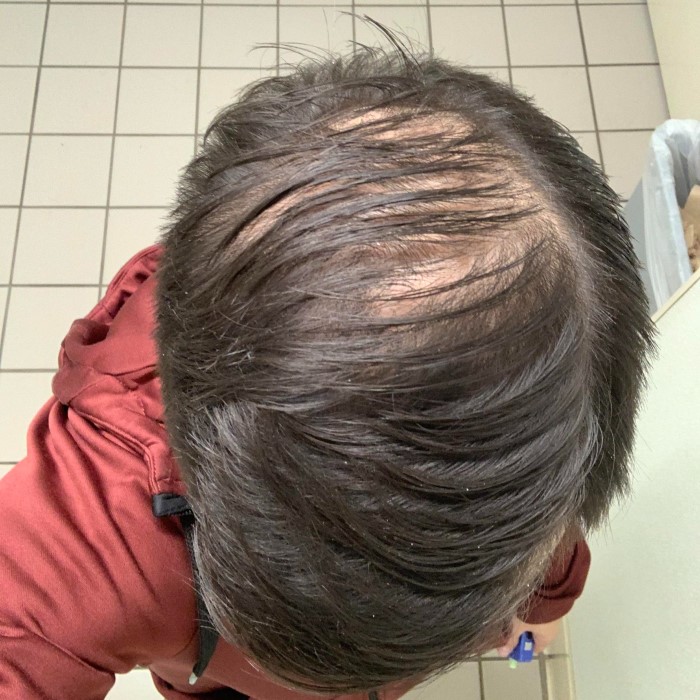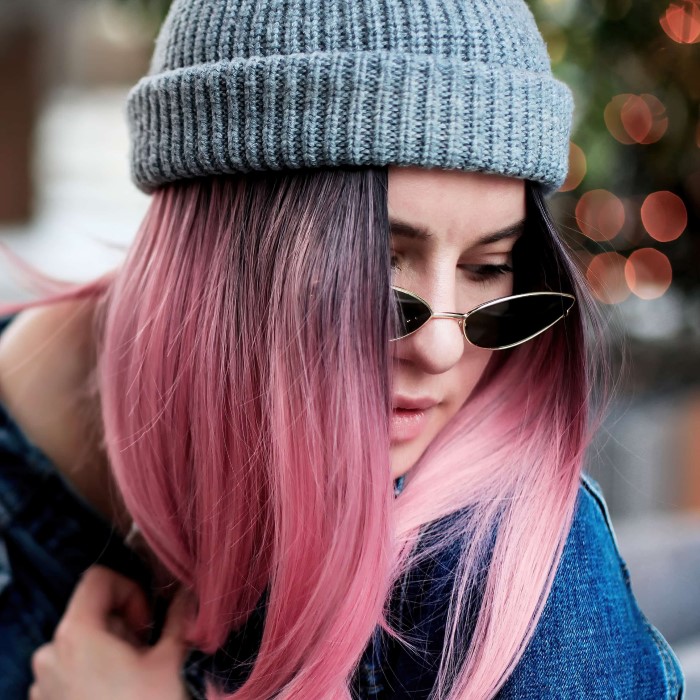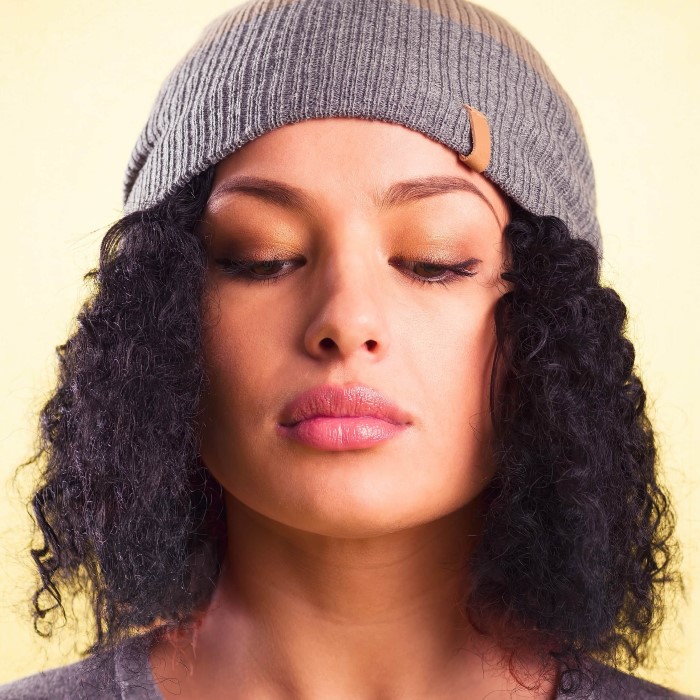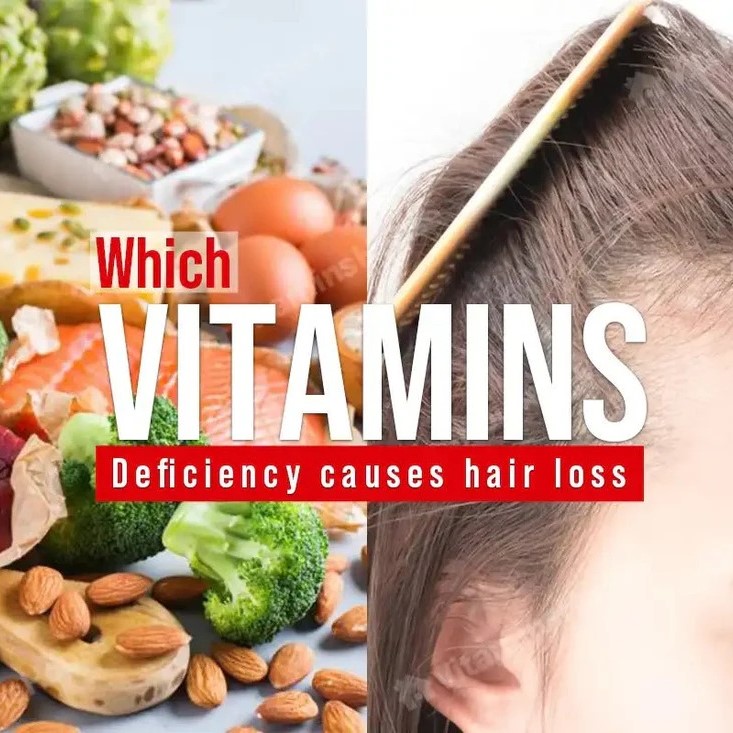
Does Wearing a Beanie Cause Hair Loss? Discover the Truth Now
Introduction: Does Wearing a Beanie Cause Hair Loss?
The question, “does wearing a beanie cause hair loss?” is one that has sparked debate among fashion enthusiasts, casual hat-wearers, and those concerned about their hair health. In a world where personal style meets functionality, beanies have gained immense popularity for their ability to keep heads warm while serving as fashionable accessories. However, many are troubled by rumors suggesting that wearing beanies can lead to hair loss. In this article, we’ll delve deep into the science behind hair loss, explore the potential effects of wearing beanies, and separate fact from fiction.

Understanding Hair Growth and Loss
The Basics of Hair Growth
To grasp the potential impact of beanies on hair health, it’s essential to understand how hair grows and falls out. Each strand of hair goes through a natural growth cycle consisting of three main phases:
- Anagen Phase: This is the active growth phase of hair follicles. Hair can grow for several years during this phase, leading to increased length and thickness.
- Catagen Phase: This transitional phase lasts a few weeks when hair growth slows down, and the hair follicle shrinks.
- Telogen Phase: During this resting phase, which lasts several months, old hair is released, making way for new growth.
Every human loses between 50 and 100 hairs daily as part of this cycle, which is completely normal. Over time, factors like genetics, hormonal changes, health impacts, and external influences can contribute to more significant hair loss.
Common Causes of Hair Loss
Does wearing a beanie cause hair loss? Understanding the causes of hair loss goes a long way towards addressing concerns about wearing a beanie. Here are some frequent factors that lead to hair loss:
Genetics
- Understanding Androgenetic Alopecia: Androgenetic alopecia, commonly known as hereditary hair loss, is the most prevalent form of hair loss across the globe. It affects individuals regardless of gender and is often inherited from family lineage.
- Impact on Hair: This condition is characterized by progressive hair thinning. It usually starts with a receding hairline or thinning at the crown of the head in men, while women often experience diffuse thinning over the entire scalp.
- Age of Onset: The onset of androgenetic alopecia can occur at various ages, typically beginning in late adolescence to mid-20s in men, while women may notice changes in their 30s or 40s.
- Genetic Factors: Research indicates that genetics plays a significant role in the likelihood of developing this condition. Specific genes associated with the way hair follicles respond to hormones are significant contributors.
- Psychological Effects: The emotional impact of hereditary hair loss can be profound, leading to self-esteem issues and changes in self-image. Individuals affected often seek treatment options to address their condition.
Hormonal Changes
- Impact of Hormones on Hair Health: Hormones play a critical role in regulating hair growth, and fluctuations can directly affect hair health. Conditions that cause significant hormonal changes include pregnancy, menopause, polycystic ovary syndrome (PCOS), and thyroid disorders.
- Pregnancy: During pregnancy, levels of hormones like estrogen rise, leading to increased hair growth. However, after childbirth, there is a drop in these hormones, which can cause temporary hair shedding.
- Menopause: As women approach menopause, declining estrogen and progesterone levels often lead to hair thinning. This transition can cause women to experience hair loss much like that seen in men with androgenetic alopecia.
- Polycystic Ovary Syndrome (PCOS): PCOS leads to hormonal imbalances that can cause excessive hair growth in some areas (hirsutism) while leading to thinning or bald patches on the scalp.
- Thyroid Disorders: Both hyperthyroidism and hypothyroidism can lead to hair loss. An underactive thyroid slows hair growth while an overactive thyroid can lead to hair thinning.
Medical Conditions
- Autoimmune Diseases: Hair loss can be a symptom of autoimmune diseases, such as alopecia areata, where the body’s immune system mistakenly attacks hair follicles, causing hair to fall out in patches.
- Infections of the Scalp: Conditions like ringworm, a fungal infection, can result in scarring and hair loss if left untreated. Symptoms often include redness, itching, and bald patches.
- Chronic Illnesses: More serious medical conditions such as lupus and diabetes can also negatively impact hair health. In lupus, for example, hair loss can occur as a result of the disease and the inflammation it causes.
- Treatment Side Effects: Many medical treatments for these conditions, such as chemotherapy for cancer, can lead to hair loss as a side effect, further complicating the relationship between health and hair.
Nutritional Deficiencies
- Importance of Nutrients for Hair Growth: Hair health is heavily influenced by nutrition. Essential vitamins and minerals play crucial roles in maintaining healthy hair follicles.
- Iron Deficiency: Low iron levels can lead to anemia, which is a common cause of hair loss. Iron is essential for the production of hemoglobin, which transports oxygen to hair follicles, promoting growth.
- Biotin: A vitamin important for hair strength, biotin deficiency can yield brittle hair and contribute to hair loss. Biotin-rich foods include eggs, nuts, and whole grains.
- Zinc Deficiency: Zinc is vital for hair tissue growth and repair. A lack of zinc can lead to hair shedding and loss, highlighting the importance of dietary balance.
- Dietary Recommendations: A balanced diet that includes a variety of nutrients can help mitigate hair thinning. If needed, supplements should be discussed with a healthcare professional.
Stress and Lifestyle
- Effects of High Stress Levels: Chronic stress can have a significant adverse effect on hair health. It has been linked to hair loss conditions like telogen effluvium, which causes widespread thinning.
- Stress-Induced Hair Loss: During periods of intense stress, hair follicles can prematurely enter the telogen phase, causing increased shedding. This condition is often temporary, but it may persist if stress is not managed.
- Lifestyle Factors: Lifestyle choices, including lack of sleep, poor diet, and insufficient exercise, can exacerbate stress and negatively impact hair health. Striving for a balanced lifestyle can help maintain overall well-being.
- Managing Stress: Techniques such as mindfulness, meditation, exercise, and hobbies can effectively reduce stress levels. Promoting relaxation not only benefits mental health but can also foster healthier hair growth.
By being aware of these common causes, it becomes easier to distinguish whether hair loss is attributable to beanie use or other factors.
Debunking the Myths: Do Beanies Cause Hair Loss?
Does wearing a beanie cause hair loss? Let’s explore some common myths about beanies and their impact on hair loss:
Myth 1: Friction and Hair Breakage
One prevalent myth is that wearing a beanie can cause friction that leads to hair breakage and loss. While it is true that excessive friction can damage hair, most beanies are made from soft materials, such as cotton or wool, that do not pose significant risks.
- Ideal Fabric Choices: Look for beanies made from comfortable, breathable fabrics. Materials like cotton and bamboo can minimize friction, as they allow hair to slide more easily without snagging.
- Avoiding Tight Fits: If a beanie is too tight, it may pull on the hair and lead to tension, which could contribute to traction alopecia over time. Choose a well-fitted beanie that is snug but not overly tight.
Myth 2: Trapped Heat and Sweat
Another concerning belief is that wearing beanies can trap heat and sweat, leading to an unhealthy scalp environment conducive to hair loss. While wearing a beanie does generate warmth, it is not a direct cause of hair problems.
- Temperature Regulation: Brief periods in a cozy beanie are unlikely to lead to significant overheating of the scalp. However, when wearing a beanie for long hours, especially during exercise or in humid conditions, it is wise to take breaks for scalp health.
- Healthy Scalp Care: Maintaining a clean scalp is crucial. If sweat accumulates underneath the beanie, make sure to wash your hair regularly and allow your scalp to breathe by removing the beanie periodically.
Myth 3: Pressure on Hair Follicles
Concerns about constant pressure from wearing hats leading to hair loss persist. However, hair loss attributed to pressure is primarily seen with extreme tightness rather than standard hat wear.
- Normal Pressure: Normal cotton or knit beanies generally do not exert enough pressure to cause damage. However, if one is prone to wearing particularly tight headgear, this could lead to issues.
Overall, the daily use of a beanie is unlikely to result in hair loss for most people when worn correctly and comfortably.
Best Practices for Wearing Beanies Safely
Does wearing a beanie cause hair loss? If you enjoy wearing beanies but want to mitigate any potential hair loss concerns, consider these best practices:
- Choose the Right Fit: Ensure that your beanie fits comfortably, allowing for some room without compressing your scalp. A good fit helps reduce tension and friction.
- Select Breathable Fabrics: Opt for beanies made from materials that allow for ventilation. Selecting breathable fabrics will encourage air circulation to the scalp, preventing overheating.
- Alternate Hat Styles: To give your hair and scalp a break, switch up your styles. Sometimes, choosing different types of hats for varying occasions can help prevent potential hair stress.
- Practice Good Hair Care: Maintain a consistent hair care routine that includes regular washing, conditioning, and scalp care. This ensures optimal scalp health and aids in preventing any damage.
- Mindful Length of Wear: Limit wearing a beanie for extended periods of time, especially in hot or humid conditions. If you wear it for a long time, take breaks to let your scalp breathe.
- Use Gentle Hair Products: Avoid heavy styling products that may build up on your hair or scalp, as they can lead to clogged pores and unhealthy hair follicles.
Frequently Asked Questions
Here are some common questions regarding the impact of wearing beanies on hair health:
Do beanies damage hair?
Beanies do not inherently damage hair. When chosen carefully with considerations for fit and material, they can provide warmth and style without negatively impacting hair health.
Is it okay to wear a beanie every day?
Wearing a beanie every day is generally fine, but you should take precautions. Be sure to maintain scalp hygiene and allow your hair to breathe to prevent potential negative effects.
Conclusion: The Truth About Beanies and Hair Loss
In conclusion, the question “does wearing a beanie cause hair loss?” tackles a common myth surrounding fashion accessories that offer both style and function. The evidence suggests that wearing a beanie, when done correctly, should not lead to hair loss. Instead, when you choose comfortable, breathable materials and maintain your hair care routine, beanies can serve as protective accessories.
By understanding the relationship between beanies and hair health, as well as addressing any concerns about high blood pressure or other health issues, individuals can continue to enjoy their favorite hats while maintaining their hair health. The key lies in finding balance and ensuring proper care. Embrace your love for beanies as a unique expression of style while taking proactive steps to protect your precious locks. Enjoy your beanies without the worry of affecting your hair health!




